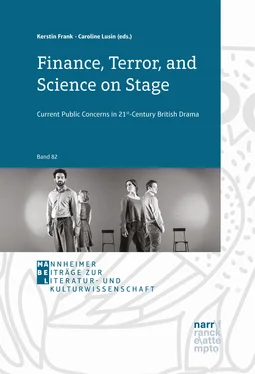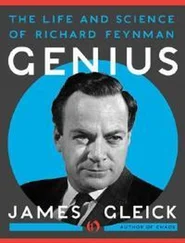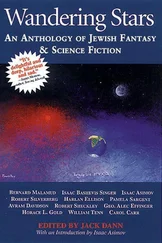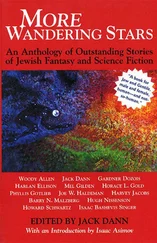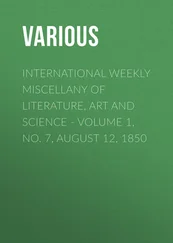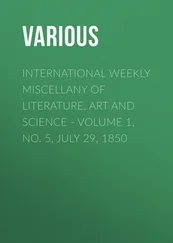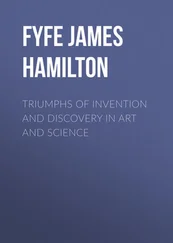ATTAR. […] Is your room to your liking?
MUSHI. Oh yes. Very nice. But you said I had to share the bed?
ATTAR. Don’t worry, he’s not English. (75)
and even more explicitly:
LAURIE. How’s a Muslim woman gonna integrate round here?
IDA. Get your arse tattooed, a crack habit and seven kids by seven dads! (94)
Bean emphasises the importance religion has in giving the respective waves of immigrants a sense of coherence and belonging. The symbol for this recurrent need is the house of worship that begins as a Huguenot church, becomes a synagogue and finally the Sylheti mosque (only the Irish did not manage to turn it into a Catholic church in between). The building actually exists, a celebrated Brick Lane landmark whose history Bean depicts accurately. Its changes of dedication are peaceful: it is sold on to the next group as soon as their predecessors have become affluent enough to move out of Spitalfields. Religious description is omnipresent in the play, both as self-profession and as heterostereotyping, but its function is exactly that: a neat label that in itself is harmless. It does not compel believers to fight, nor are the immigrants attacked on religious grounds. This is not to say that there is no violence, but it is due to economic displacement processes, whether they are actually experienced or merely feared. The playwright makes these points implicitly, but at least once allows one of the characters to state it more openly, albeit with a typical twist:
HUGO. Stand and fight you fucking cabbage eating farting Frog Papist!
DANNY. Papist? They’re not Catholics!
HUGO. Frog lover now eh, Norfolk?
DANNY. They’re Huguenots, Protestants, they follow John Calvin.
BENNY. Not Godless then, like you.
DANNY. Let’s smash their looms, that’s reasonable. But I’m not kicking a Protestant in the head for being Papist. (22)
Religion only becomes a destructive force once the third generation of Muslims arrives on the scene. The Lascars and the Sylhetis, who actually immigrated to Britain, spend their lives trying to reconcile their origins with the ambiguous situation of every East End arrival:
MUSHI. My daughters gone hijabi, and they bully my wife into niqab! One minute I’m living with four beautiful Indian women, next minute I’ve got a house full of bloody Arabs! (105)
Basically, the play employs two complementary strategies of generating comedy, which are aligned to character and plot respectively: surprising one-liners and repetitive action, a blend of stand-up comedy and farce. Both elements, which were so strongly present in the first three acts, now recede and give way to an increasingly bleak representation of life in contemporary East End streets. If there is repetition at all, it becomes so monotonous as to defy even Bergson’s principle of mechanisation:
During the next a lone skinhead, [sic!] is knocked down, then hands over a street sign. Then he gets up, is knocked down again and hands over another street, knocked down again etc.
Warden, Nelson, Sugar Loaf, Wellington
Fournier, Rhoda, Old Nichol Street,
Brady, Buxton, Russia, Hoxton,
Hopetown, Hanbury, Jamaica Street
Brick Lane BoyZ Brick Lane BoyZ
Curtains hairstyles, cars like toys
Brick Lane BoyZ Brick Lane BoyZ
Get together and make some noise (99)
This is not funny, nor is it meant to be. The farce has become empty and joyless, its repetitive principle a chain of murders. The solitary skinhead streetfighter gets up again, the victims of the 9/11 attacks (101) do not, nor do those of the sequence of four explosions in London (107). In The God Botherers (2003) Bean had already targeted Islamic fundamentalism; here he continues his critique, and again he leaves us in no doubt about the link between condemnation of Western culture, radical Islam, and violence:
LABIBA. Sister, it ain’t never too late look
to quit your kuffar Facebook,
paradise waitin’
stop procrastinatin’
hate the disbelievers
they tryna deceive us
they will never believe us
Sheik Osama lead us
Shakespeare was a gay boy
knowhatisayboy
he get in the way boy
promoting fornication
to the Muslim nation
is not a situation
get my participation
it’s improperganda (111)
It is hard to say whether this collection of clichés is a representation of the rapper’s less than complex argument or rather Bean’s attempt to assemble buzzwords, but these, after all, do not amount to an argument either.
In the present context, Richard Bean’s play is interesting for three reasons: its attempts to represent the diversity of responses to immigration today, its ambition to highlight continuities and differences of these responses, and the fact that it does so by harnessing an array of formal devices from the history of drama. First and foremost among these is the farce; to have shown the continuing appeal of the genre when it is combined with satire, without degenerating into agitprop, is a genuine achievement. The same goes for the synchronisation of farcical plot structures and social commentary: the four love stories, the repeated threats, the running gags and dreams of paradise all point to a ‘natural’ progression of immigration and assimilation that is predictable, harmless, and ultimately successful and beneficial to all concerned. The playwright’s technique of combining politically incorrect jokes with more traditional means of generating comedy, including slapstick and other visual forms of humour, underscores this. At this point, it is hard to agree with the critics who saw offence given to many ethnic groups. Where everybody, including the English, come under the same type of provocation, insult can indeed turn into entertainment. The problem with this type of blanket invective is therefore not so much its potential to hurt but the lack of debate that goes with it. Bean does not stop here, though. The last act, and therefore the second half of the play, introduces points not made before. The violence both on- and offstage escalates – the individual fights and even lynchings of the previous acts have given way to terrorist attacks, gang warfare and divisive hate speech. This time, Bean seems to say, things are different. There is nothing funny about the young generation’s rhymed calls to resistance. The rivers of blood have become reality.
Characteristically, this is not the ending of the play. One of the love stories endures:
LAURIE. […] What is the greatest love story ever told? Romeo and Juliet? Elizabeth Bennet and Colin Firth. No. Harvey Kleinman and Ida Houlihan. Why? Cos theirs was an impossible love, a forbidden love. They didn’t even know it was wrong.
RENNIE. They got competition now – Deborah and Mushi.
At LAURIE. Debs is only following in her mother’s footsteps. Ida was the pioneer. The first. The Sherpa Tenzing of cross cultural romance. All these different faiths, why do they wanna live separate? They’re scared. They fear the power of love, because love laughs at the manufactured made up madness of religion and culture. (113)
“All you need is love” – the same sentiment is regularly expressed by mourners in the aftermath of suicide bombings, and perhaps it is true. Bean’s frame play, at any rate, ends with the deportation of some of the actors; at the end of the inset play the first Somalis arrive. The story of immigration will go on.
Bibliography
Primary Sources
Bean, Richard. One Man, Two Guvnors . London: Oberon, 2011.
—. England People Very Nice . London: Oberon, 2009.
—. Plays Two: Toast, Smack Family Robinson, Mr. England, Honeymoon Suite . London: Oberon, 2007.
Читать дальше
